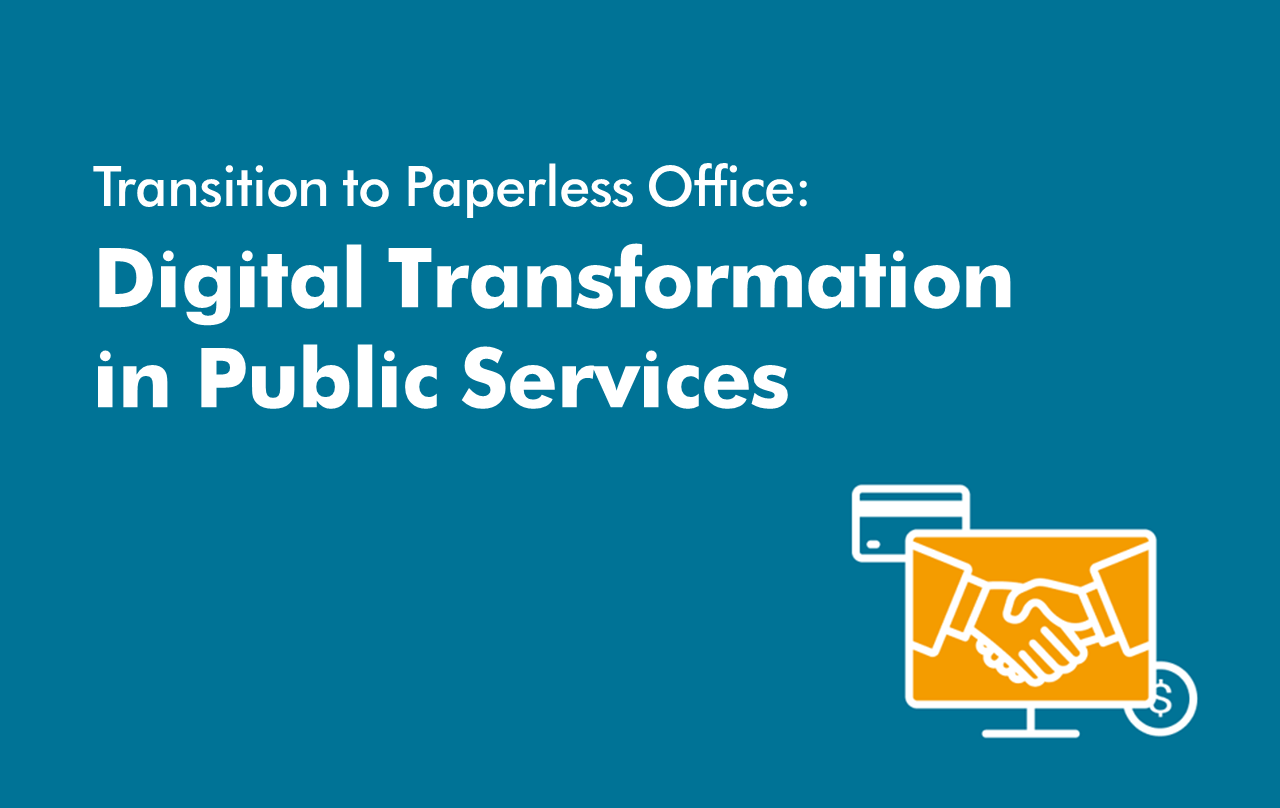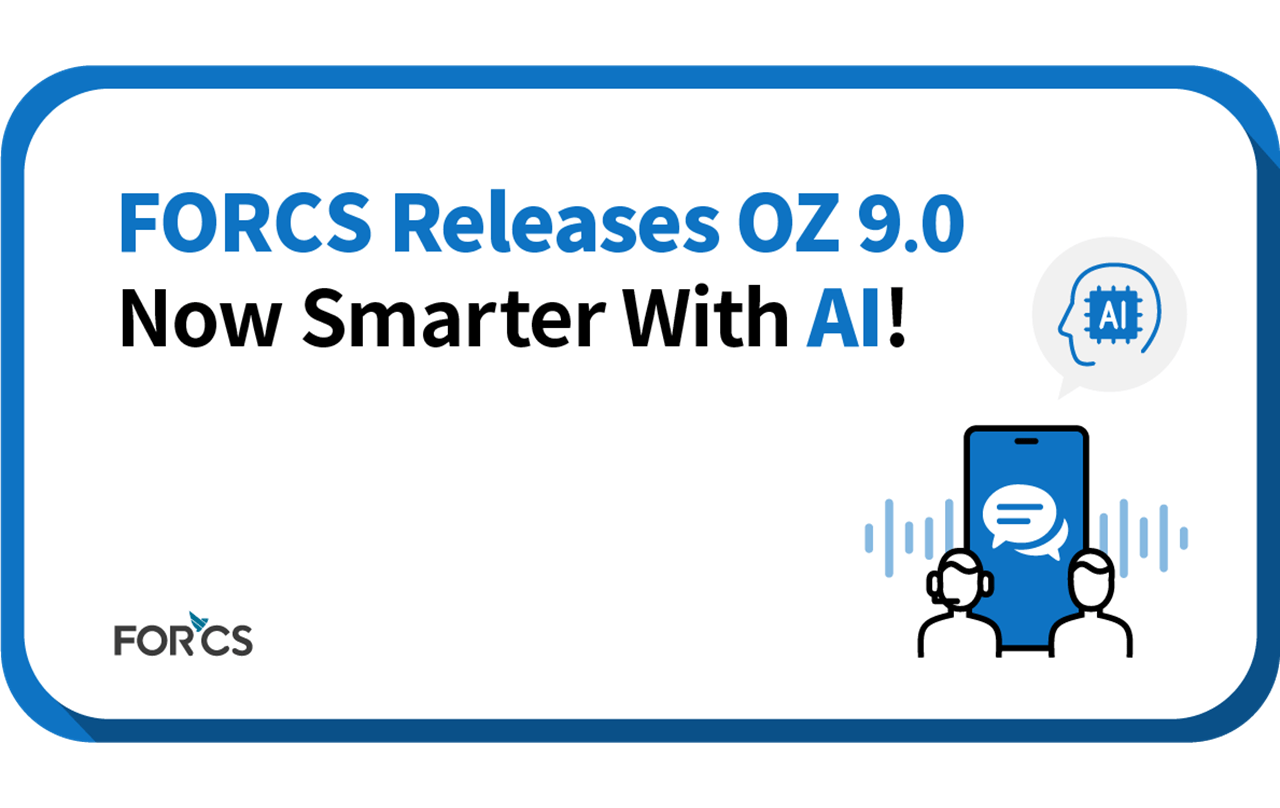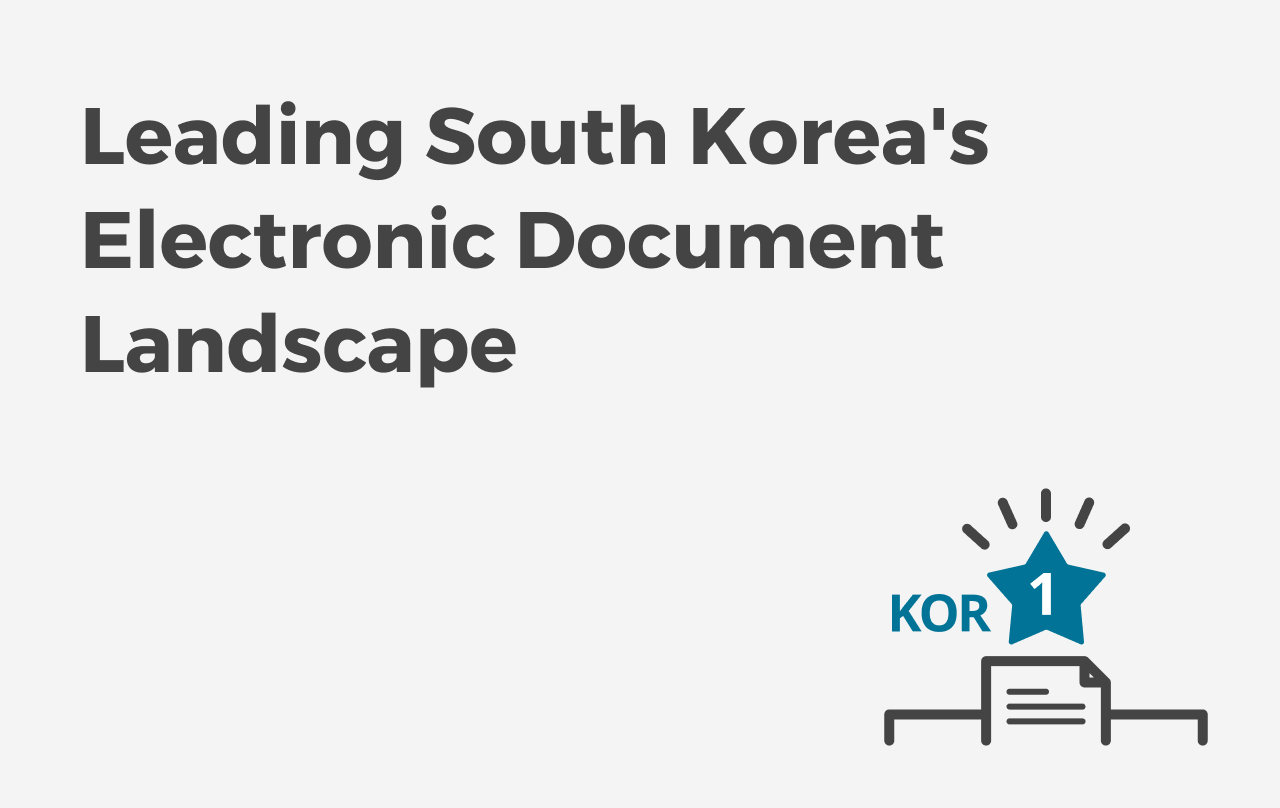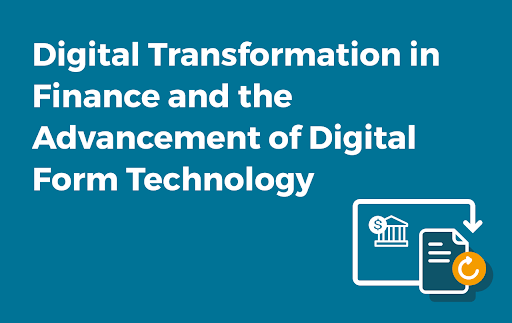Transition to Paperless Office: Digital Transformation in Public Services
Adopting environmental, Social, and Governance (ESG) principles in management has become imperative rather than optional. Many companies have initiated ESG practices, starting by reducing paper usage. In South Korea, the government’s initiative for a Digital Platform Government emphasizes the significance of digital transformation, particularly in the public sector. The transition towards digital-based administrative systems and the targeted reduction of paper document usage by 50% are plans underway, accelerating the pace within public institutions.

Mandatory Digital Transformation and Momentum in the Public Sector
According to the International Monetary Fund (IMF), the Total Factor Productivity (TFP) of the United States and advanced countries in Europe decreased by 1.8% in 2020 but rebounded in 2021. TFP signifies the value generated by sectors not directly visible in technology or management. Countries and industries with higher digitalization experienced lesser loss in labor productivity during the pandemic. The IMF advises that digital transformation enhances productivity and bolsters economic resilience and labor force participation, suggesting that nations should prioritize digitalization as a policy imperative.
In South Korea, the government is swiftly improving digital capabilities in the public sector. The 2nd e-Government Master Plan (2021-2025), announced by the Ministry of Security and Public Administration in 2021, aims to achieve an 80% digital conversion rate for key public services and a 100% cloud conversion rate for administrative and public institutions by 2025. Furthermore, there is an emphasis on implementing the Digital Platform Government based on cutting-edge technologies, AI, and data. Key objectives are facilitating GovTech industry growth by amalgamating public and private sectors, simplifying government system establishment processes, and promoting openness in public service.
This momentum has fostered active collaborations between tech companies or startups that offer tailored solutions for various administrative contexts. Public institutions are progressing towards digital transformation through diverse means, from developing customized digital administrative systems for local governments to utilizing cloud services.
Realizing Digital Administration through ‘eformsign’
FORCS provides a solution for paperless administrative processing through the e-contract service eformsign. This platform facilitates the creation of various official documents and managing procedures like contracts, applications, and approvals without requiring a separate system. It significantly increases operational efficiency beyond cost savings compared to traditional paper-based methods and mitigates document loss or damage risks. Notably, eformsign has earned the Cloud Security Assurance Program (CSAP) certification, which was a significant factor in 21 government-run research institutes adopting eformsign’s e-contract services.
Moreover, eformsign is a digital platform that provides an alternative to paper contracts with equal legal validity. It offers a variety of options to meet different operational requirements. Two charging models are available: a monthly subscription or pay-as-you-go plan for cloud services (SaaS) that are perfect for small and medium-sized businesses and institutions. For larger companies and public institutions, eformsign provides an installation-based (On-Premise) approach that can be customized to meet different business environments and needs.
Transitioning from traditional paper-based documentation to electronic systems marks a pivotal step toward achieving broader sustainability goals. While attaining carbon neutrality and embracing ESG principles might appear complex for numerous institutions and businesses, initiating this shift from paper to electronic documents presents an accessible and impactful starting point. This foundational change not only sets the stage for comprehensive digital transformations but also contributes significantly to reducing carbon footprints. Beyond environmental benefits, this transition enhances operational efficiency, streamlining processes across corporate and institutional spheres. By embracing this evolution, organizations can drive positive change, aligning with sustainable practices while optimizing productivity and resource utilization.




